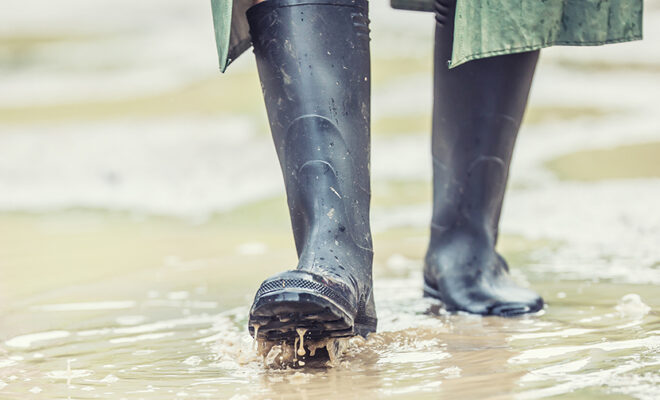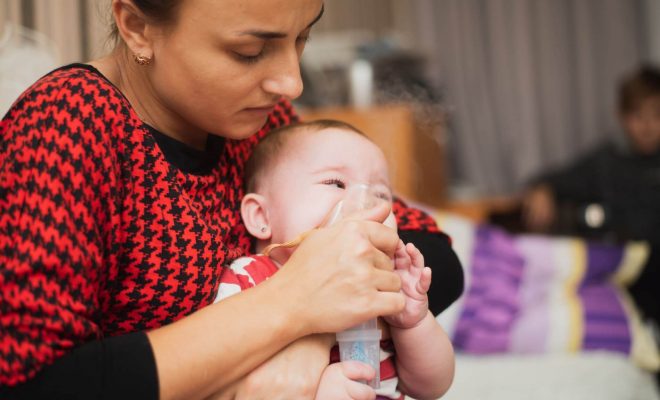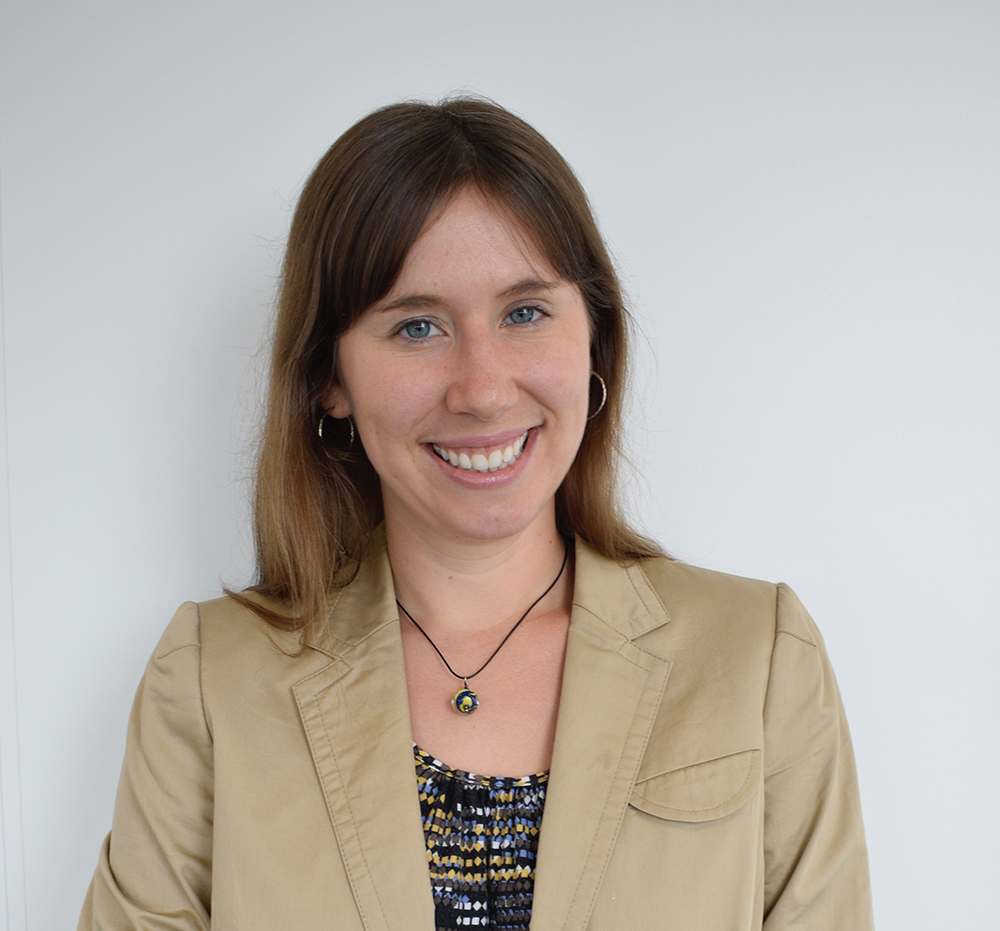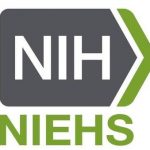
We're dedicated to developing effective strategies to bring children’s environmental health research to the community, academia and healthcare. Founded in 2021, the Center is an NIEHS-funded program of the University of Pennsylvania and the Children's Hospital of Philadelphia. It is one of six Collaborative Centers in Children's Environmental Health Research and Translation.
Our partners and member researchers work to implement real world solutions and interventions in Philadelphia to serve as a model for success elsewhere.
Working to improve children’s health by reducing environmental exposures across the Philadelphia region
Featured Programs

Economic and Health Benefits for Tree Planting Social Media Posts
There are many benefits to planting trees in Philadelphia. This resource provides short videos perfect for sharing on social media on the economic and health benefits of planting trees for various areas in Philadelphia.

Incorporating Extreme Weather Into Your Curriculum
A free webinar series for teachers in the Philadelphia region (and beyond). Sessions explore how extreme weather is affecting temperature, air quality and water in Philadelphia, with a focus on children’s health. Teaching materials included!

Chester Community Asthma Prevention Program
The CAPP program provides direct intervention for families to reduce childhood asthma in Chester, PA.
Explore all programs and research:
Latest News

PRCCEH 2025 Year in Review
Thank you for another great year at Philadelphia Regional Center for Children’s Environmental Health. We appreciate all our wonderful members, partners, and collaborators. Please enjoy this infographic of the year that was!
Featured Events

The Race to Research: Plastic, Microplastics, and Human Health
Megan J. Wolff, PhD, MPH, will deliver dynamic and in-depth lecture on what is known – and what is being researched – about the impacts of plastics on human health.

Extreme temperatures, neighborhood opportunity, and pediatric primary care outcome
Dr. Stephanie Mayne from CHOP will present results from a PRCCEH-funded pilot study examining the association of extreme temperatures with missed pediatric preventive visits.



